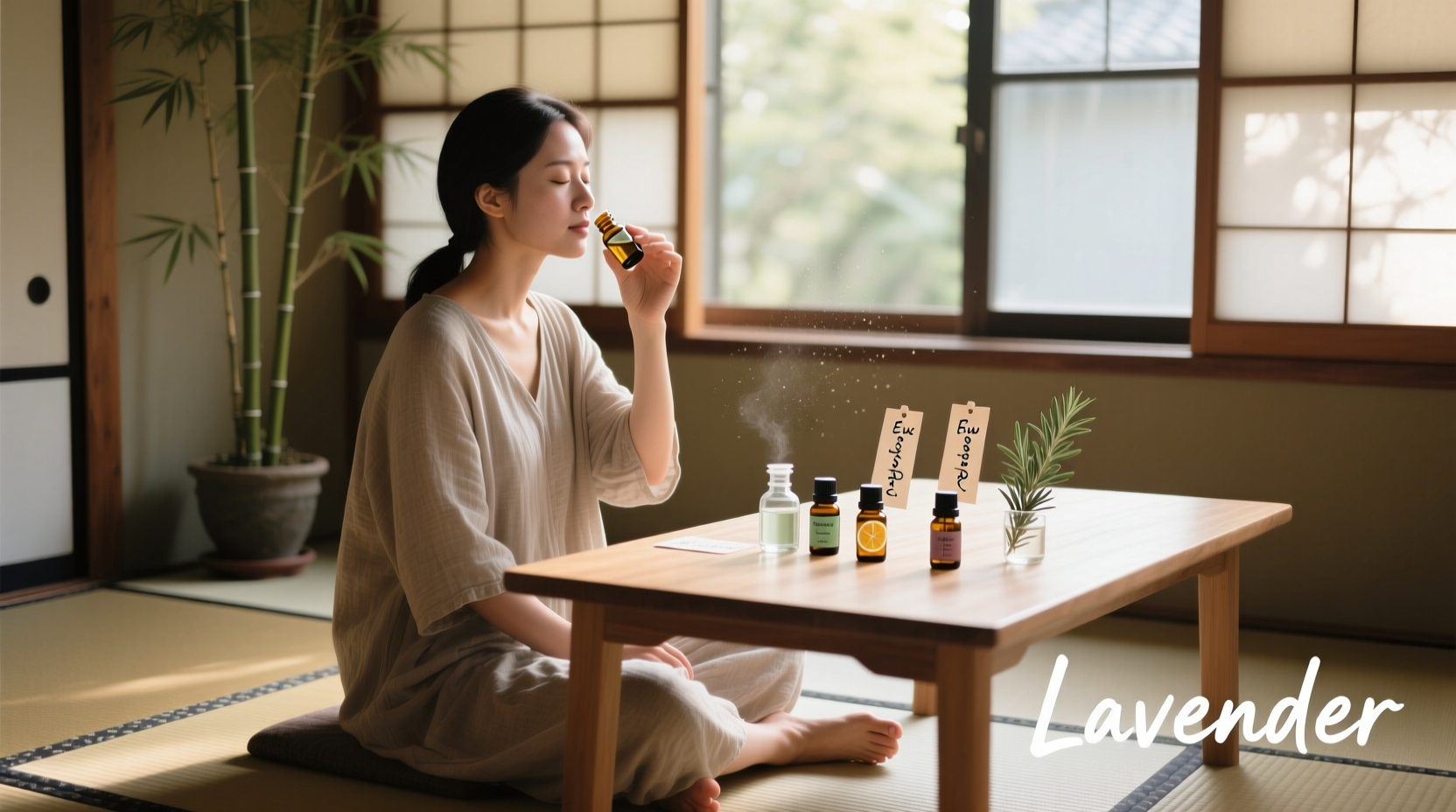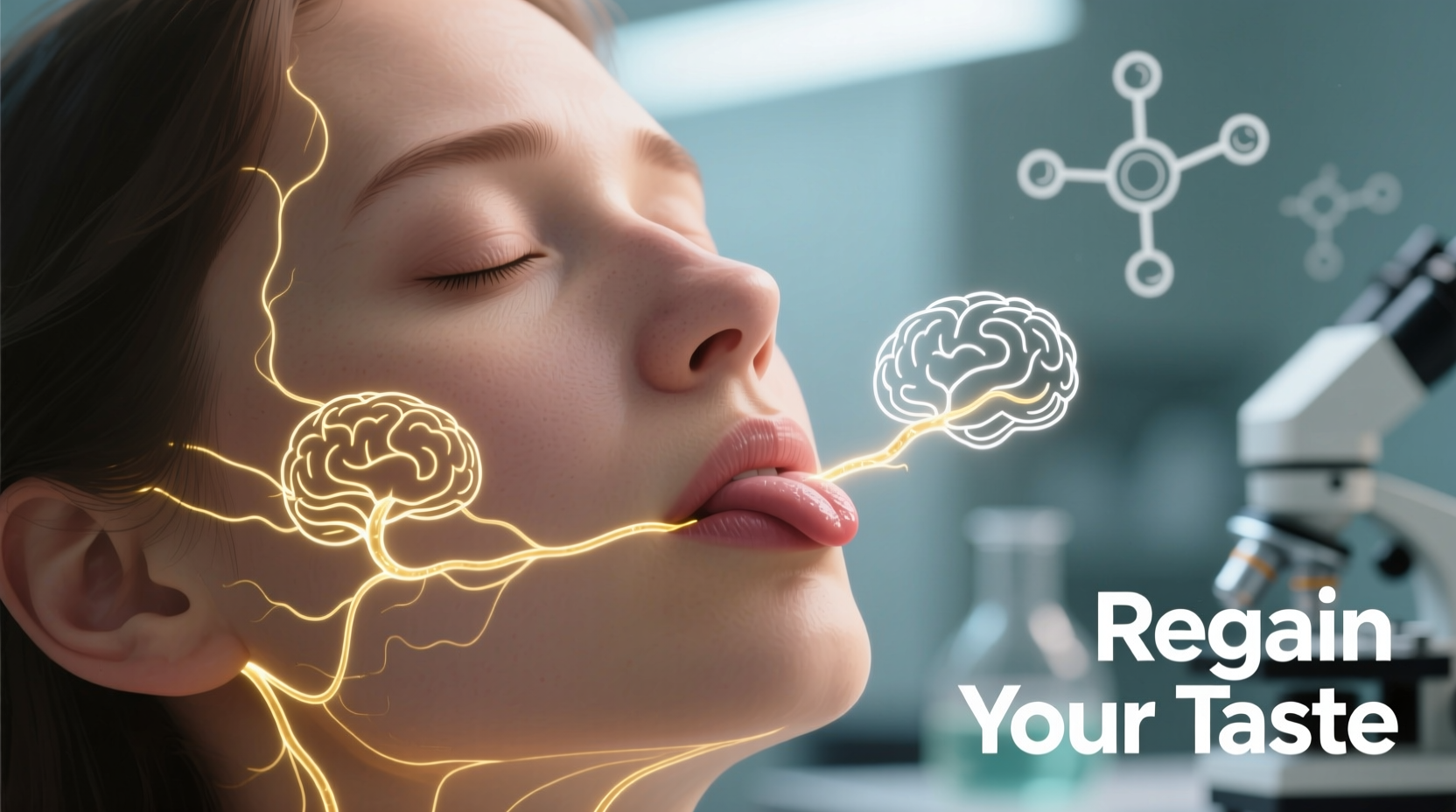Why Your Taste Might Disappear and How to Fix It
When your favorite foods suddenly taste bland or completely flavorless, it's more than just inconvenient—it affects your enjoyment of meals and can signal underlying health issues. Taste loss (ageusia) commonly occurs after viral infections like colds, flu, or COVID-19, but can also stem from allergies, medications, or dental problems. Understanding the cause is your first step toward recovery.
Immediate Actions: First 48 Hours After Taste Loss
When you first notice diminished taste, take these evidence-backed steps:
- Hydrate strategically: Sip warm lemon water throughout the day to stimulate saliva production. Dehydration worsens taste impairment.
- Oral hygiene reset: Switch to zinc-free toothpaste and use a soft-bristled brush to avoid irritating taste buds.
- Flavor exposure therapy: Place small amounts of strongly flavored foods (lemon, mint, ginger) on different tongue areas to activate remaining taste receptors.
- Nasal saline rinses: Use a neti pot twice daily to clear sinus congestion affecting smell—which contributes to 80% of taste perception.
Understanding Taste Recovery Timelines
Your recovery speed depends heavily on the cause. This timeline shows typical progression patterns based on clinical studies from the National Institute on Deafness and Other Communication Disorders:
| Cause | Initial Improvement | Full Recovery | Recovery Rate |
|---|---|---|---|
| Viral infection (e.g., common cold) | 3-7 days | 1-2 weeks | 95% within 14 days |
| Post-COVID-19 | 2-4 weeks | 1-6 months | 85% within 60 days |
| Allergies/sinusitis | During treatment | 2-8 weeks | 90% with proper management |
| Medication side effects | Varies | After discontinuation | Depends on drug |
Smell Training: The Most Effective Recovery Technique
Since smell contributes significantly to taste perception, smell training accelerates recovery. Research published in Rhinology Journal shows this method improves outcomes by 30-50% compared to waiting naturally.
How to practice smell training:
- Obtain four distinct essential oils: lemon (citrus), rose (floral), clove (spicy), and eucalyptus (resinous)
- Twice daily, smell each oil for 20 seconds while focusing on the memory of its scent
- Concentrate on visualizing the smell rather than just inhaling passively
- Continue for minimum 12 weeks, even if improvement occurs sooner
This neuroplasticity exercise helps rewire your olfactory system. Consistency matters more than duration—brief, regular sessions outperform occasional longer ones.

When Home Remedies Won't Suffice: Critical Boundaries
While most cases resolve with home care, certain situations require professional intervention. Recognize these critical boundaries:
- Time threshold: No improvement after 3 weeks for viral causes or 2 weeks for allergy-related loss warrants evaluation
- Accompanying symptoms: Persistent headaches, facial pain, or nasal discharge suggest sinus infection needing antibiotics
- Medication factors: ACE inhibitors and certain antibiotics commonly cause taste disturbances that may require prescription changes
- Underlying conditions: Diabetes, Parkinson's, or neurological disorders need specialized management beyond home remedies
The American Academy of Otolaryngology emphasizes that delayed treatment for persistent cases can lead to permanent damage in 5-10% of patients.
Nutritional Support for Taste Bud Regeneration
Your taste buds regenerate every 10-14 days, but this process requires specific nutrients:
- Zinc supplementation: 50mg daily of zinc gluconate shows measurable improvement in clinical trials (consult doctor first)
- Vitamin A: Found in sweet potatoes and carrots, supports epithelial tissue health including taste buds
- B-complex vitamins: Particularly B3 and B12, crucial for nerve function related to taste perception
- Omega-3 fatty acids: Reduce inflammation that can impair taste receptor function
Avoid zinc nasal sprays—these have been linked to permanent smell loss according to FDA warnings.
Preventing Future Taste Disruptions
Once recovered, protect your taste sensitivity with these evidence-based practices:
- Maintain rigorous oral hygiene with alcohol-free mouthwash
- Stay hydrated—dehydration is the most common reversible cause of temporary taste loss
- Practice seasonal smell training even when healthy to maintain olfactory pathways
- Monitor medications with your pharmacist for potential taste-altering side effects
Frequently Asked Questions
How long does it typically take to regain taste after COVID-19?
Most people recover their sense of taste within 2-4 weeks after COVID-19 infection. Approximately 85% experience complete recovery within 60 days. Persistent cases beyond 3 months should be evaluated by an ENT specialist, as they may require targeted interventions like smell training therapy or medication adjustments.
Can smell training really help restore taste perception?
Yes, smell training significantly improves taste recovery outcomes. Clinical studies show a 30-50% improvement rate compared to natural recovery. The technique works because 80% of what we perceive as taste actually comes from smell. Regular practice (twice daily for 12+ weeks) with distinct scents like lemon, rose, clove, and eucalyptus helps rewire olfactory pathways damaged by illness.
What foods can help stimulate taste bud recovery?
Focus on foods with distinct textures and temperature variations to stimulate different sensory pathways. Try citrus fruits, fresh herbs, ginger, mint, and umami-rich foods like mushrooms. Avoid extremely hot or spicy foods initially as they may irritate sensitive taste buds. The key is exposing your tongue to varied flavors across all taste zones (sweet, salty, sour, bitter, umami) multiple times daily to encourage neural pathway reactivation.
When should I see a doctor about lost sense of taste?
Consult a healthcare provider if your taste doesn't improve within 3 weeks of a viral illness, or 2 weeks for allergy-related loss. Seek immediate evaluation if accompanied by facial pain, persistent headaches, or nasal discharge. Those with underlying conditions like diabetes or neurological disorders should seek earlier consultation. An ENT specialist can perform smell identification tests and determine if specialized treatment like steroid therapy or targeted supplements would benefit your specific case.











 浙公网安备
33010002000092号
浙公网安备
33010002000092号 浙B2-20120091-4
浙B2-20120091-4